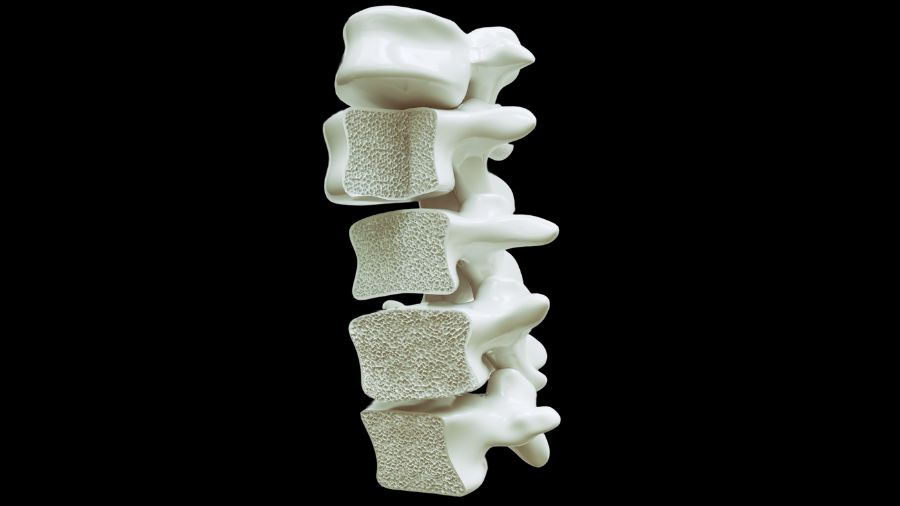Dr. Murray Urowitz started Canada’s first lupus clinic in 1970. (Photo by Tim Fraser)
Marking more than 50 years of lupus care
More than 50,000 Canadians are living with lupus. Their lives are marked by joint and muscle pain to extreme fatigue and skin problems; and in severe cases damage to other organs such as the heart, lung, kidneys and brain. People living with lupus, most of them female, also experience overwhelming feelings of anxiety and depression. It usually strikes between 15 and 44 years of age.
Lupus has been difficult disease to diagnose because it presented in so many different ways. The Schroeder Arthritis Institute at UHN is home to one the world’s leading experts in lupus: Dr. Murray Urowitz who has devoted his career to unlocking the mysteries of this disease.
In 1970, rheumatologist Dr. Urowitz started the University of Toronto Lupus Clinic at the former Wellesley Hospital, where he also pioneered the development of Canada’s first patient database that tracked the disease in 1987.
“One of our first initiatives was to raise the consciousness of this condition not only in the general community but in the medical community,” says Dr. Urowitz.
In 1995, Dr. Urowitz, along with his colleague UHN rheumatologist and co-director Dr. Dafna Gladman, joined UHN and the Lupus Clinic relocated to Toronto Western Hospital. Since that time they have:
- Developed the first and largest lupus database in North America and now one of the largest in the world.
- Changed the way lupus is managed, resulting in patients living longer with better quality of life.
- Made successful pregnancies possible for women with lupus who faced high risks involved in having children.
- Discovered of late-stage complications which have led to earlier diagnosis and prevention of these conditions.
- Tested and evaluated new drugs developed specifically for lupus.
- Expanded into one of the largest centres for specialized care and research worldwide with 2,000 patients.
- Became the world leader in lupus medical education, training over 140 fellows from Canada and around the world.
Over fifty years later, Dr. Urowitz reflects how far lupus research has come. “When I started treating lupus patients the five-year survival rate was 50 per cent. Today, the 20-year survival rate is approaching 90 per cent.”


